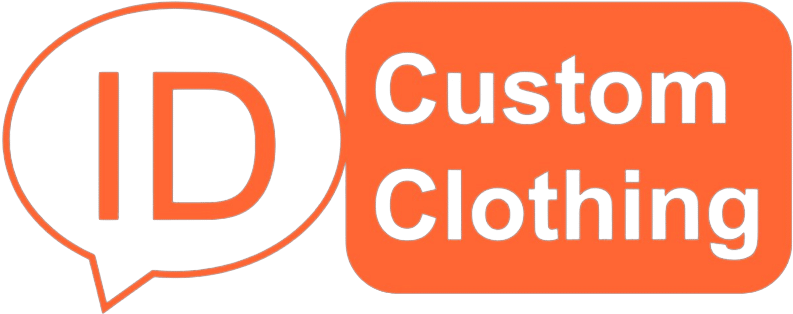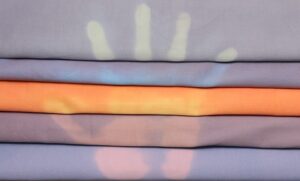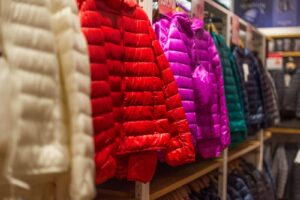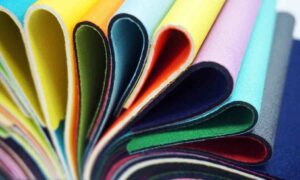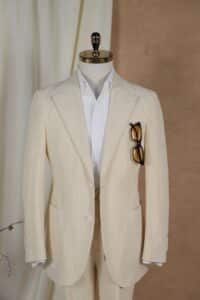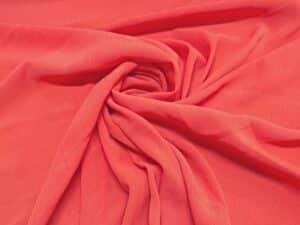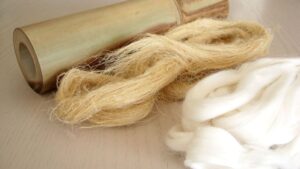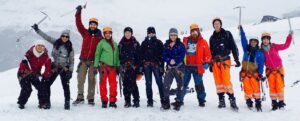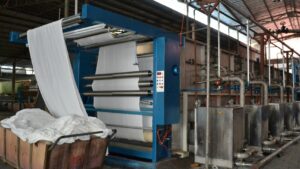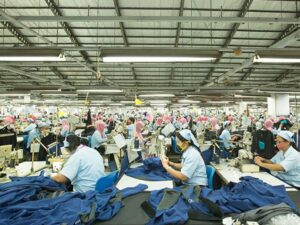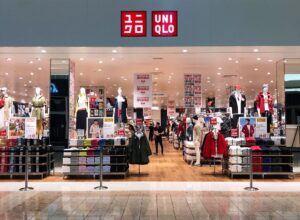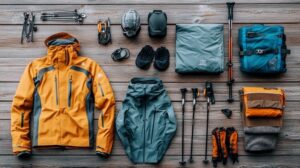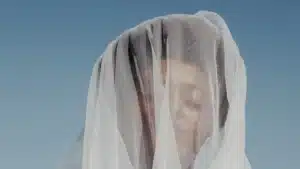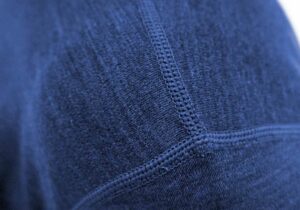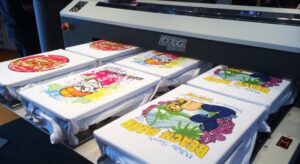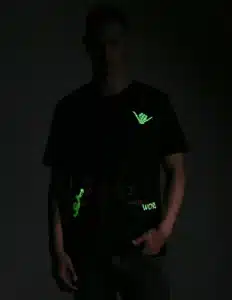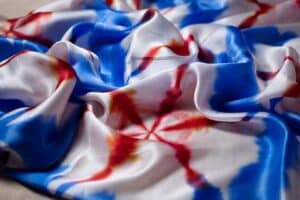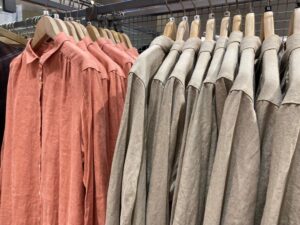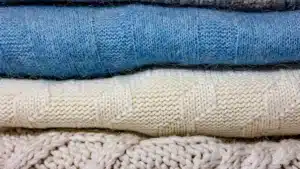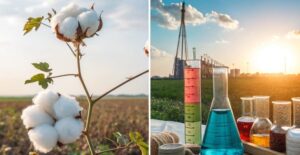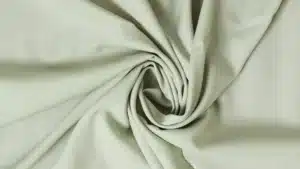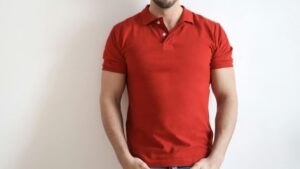Choosing the right fabric is essential in clothing manufacturing. The fabric's structure determines its flexibility, durability, and suitability for different garments. But how do knitted and woven fabrics differ, and which one should you use for your clothing line?
Knitted fabrics are made by looping yarns together, providing stretch and softness, while woven fabrics are created by interlacing yarns at right angles, offering structure and durability. These fundamental differences impact breathability, comfort, and performance in various clothing applications.
To fully understand these fabrics, let’s explore how they are made, their key characteristics, and their best applications.
How Are Knitted and Woven Fabrics Made?
Fabric construction plays a significant role in its performance and feel. The way fibers are arranged determines their stretchability, durability, and breathability.
1. Knitted Fabrics: Looping Yarns for Stretch
Knitted fabrics are made by interlocking loops of yarn in a continuous process. This technique allows for stretch and flexibility, making these fabrics ideal for activewear and everyday garments.
Production Methods of Knitted Fabrics
| Knitting Type | Process | Common Uses |
|---|---|---|
| Weft Knitting | Loops run horizontally across the fabric. | T-shirts, sweaters, leggings |
| Warp Knitting | Loops run vertically along the fabric. | Athletic mesh, lingerie, swimwear |
Key Traits of Knitted Fabrics
- Naturally stretches in multiple directions.
- Soft, breathable, and wrinkle-resistant.
- Conforms to body shape, providing comfort.
2. Woven Fabrics: Interlacing Yarns for Structure
Woven fabrics are produced by interlacing two perpendicular yarn sets: warp (vertical) and weft (horizontal). This results in a stable, less stretchy material, ideal for structured garments.
Production Methods of Woven Fabrics
| Weave Type | Process | Common Uses |
|---|---|---|
| Plain Weave | Simple over-under pattern. | Cotton shirts, canvas bags |
| Twill Weave | Diagonal weave pattern for durability. | Denim, chinos, jackets |
| Satin Weave | Floating yarns create a smooth surface. | Evening gowns, high-end fashion |
Key Traits of Woven Fabrics
- Rigid structure with minimal stretch.
- Highly durable and shape-retentive.
- Available in various finishes, such as waterproof coatings.
What Are Knitted Fabrics?
Knitted fabrics are versatile and widely used in fashion and activewear. Their elasticity and softness make them suitable for clothing that requires flexibility and comfort.
Key Characteristics of Knitted Fabrics
- Stretchability – Naturally expands and moves with the body.
- Softness – Comfortable for prolonged wear.
- Breathability – Allows airflow, reducing moisture buildup.
- Wrinkle Resistance – Retains shape with minimal ironing.
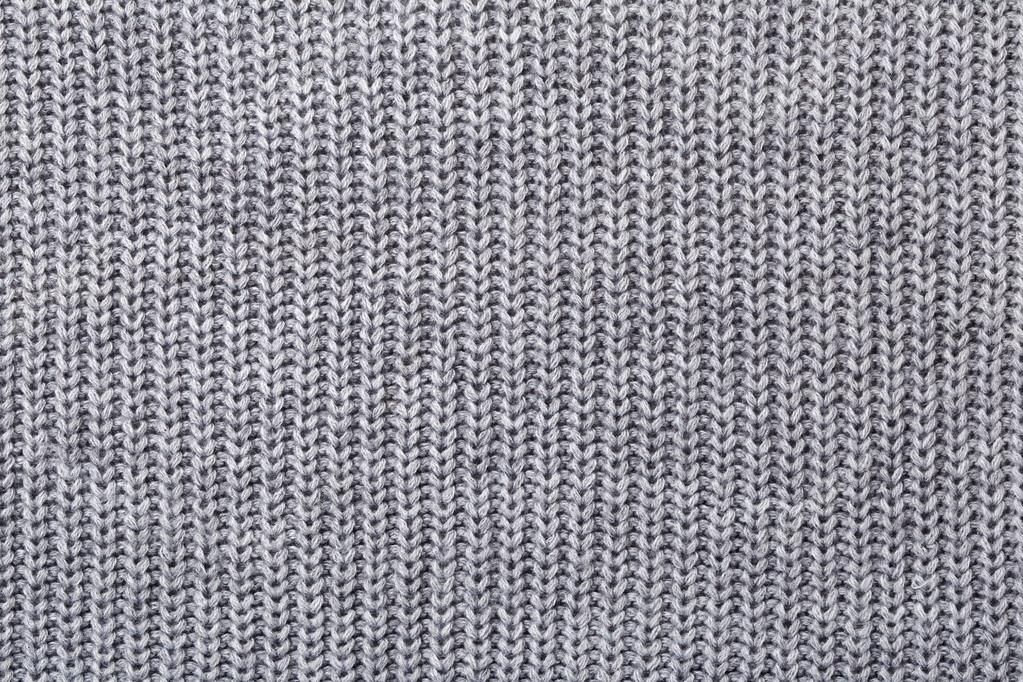
Common Types of Knitted Fabrics
| Knitted Fabric | Characteristics | Common Uses |
|---|---|---|
| Jersey Knit | Lightweight, smooth, breathable | T-shirts, dresses |
| Rib Knit | Textured, stretchy, elastic recovery | Cuffs, collars, leggings |
| Interlock Knit | Thick, stable, durable | Polo shirts, activewear |
| French Terry | Loop-back surface for comfort | Hoodies, loungewear |
| Mesh Knit | Open structure for ventilation | Sports jerseys, performance wear |
What Are Woven Fabrics?
Woven fabrics are known for their strength and structure. They are commonly used in professional, formal, and durable garments.
Key Characteristics of Woven Fabrics
- Durability – Resists wear and tear, suitable for long-term use.
- Shape Retention – Holds its form well, ideal for structured clothing.
- Refined Appearance – Used in formalwear and tailored pieces.
- Variety of Finishes – Can be waterproof, fire-resistant, or coated.
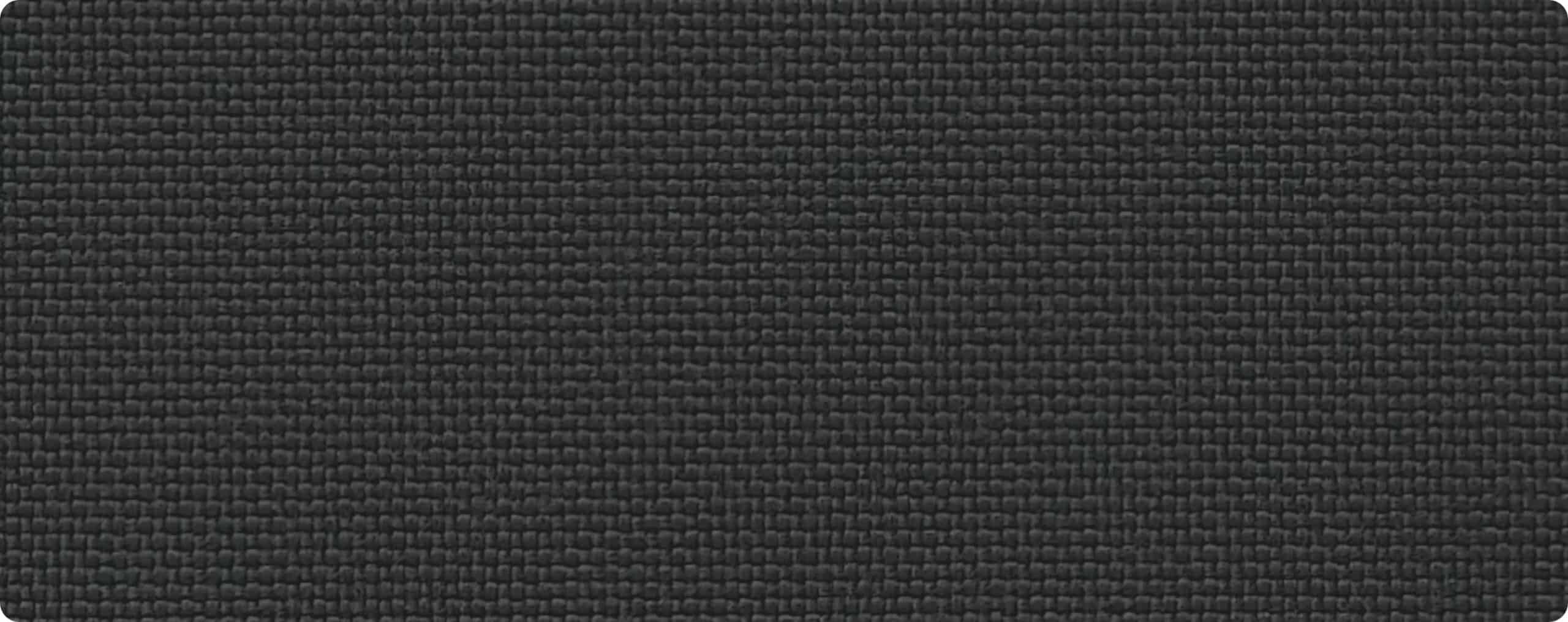
Common Types of Woven Fabrics
| Woven Fabric | Characteristics | Common Uses |
|---|---|---|
| Denim | Thick, heavy-duty, twill weave | Jeans, jackets |
| Poplin | Lightweight, smooth, breathable | Dress shirts, uniforms |
| Twill | Diagonal weave, strong, durable | Chinos, workwear |
| Canvas | Heavyweight, tough | Bags, outdoor gear |
| Linen | Breathable, lightweight | Summer shirts, dresses |
Key Differences Between Knitted and Woven Fabrics
Understanding the differences helps brands, designers and manufacturers choose the right fabric for each garment.
| Feature | Knitted Fabrics | Woven Fabrics |
|---|---|---|
| Construction | Looped yarns | Interlaced warp and weft |
| Stretch | High elasticity | Minimal stretch (unless blended) |
| Durability | Prone to pilling | Resists abrasion and tearing |
| Breathability | Excellent airflow | Varies (e.g., linen vs. wool) |
| Common Uses | T-shirts, leggings, underwear | Jeans, blazers, suits, dresses |
How to Choose Between Knitted and Woven Fabrics
Selecting the right fabric depends on the garment's purpose, required performance, and target market.
When to Use Knitted Fabrics
- Activewear: Yoga pants, sports bras, gym wear.
- Casualwear: Hoodies, loungewear, soft everyday clothing.
- Underwear: Stretchy, seamless garments.
- Form-Fitting Clothing: Swimsuits, bodysuits.
When to Use Woven Fabrics
- Formalwear: Suits, trousers, dress shirts.
- Denim Apparel: Jeans, trucker jackets.
- Outerwear: Coats, blazers, structured jackets.
- Workwear: Uniforms, aprons, heavy-duty apparel.
Combining Knitted and Woven Fabrics
Some modern designs blend both knitted and woven fabrics for enhanced performance.
| Hybrid Design | Knitted Component | Woven Component |
|---|---|---|
| Blazers | Stretch panels for flexibility | Structured exterior |
| Jeans | Knitted waistband for comfort | Woven denim for durability |
| Athletic Jackets | Knitted mesh lining for breathability | Woven windproof shell |
Conclusion
Both knitted and woven fabrics play vital roles in clothing manufacturing.
- Knitted fabrics are best for stretch, comfort, and breathability, making them ideal for casual and activewear.
- Woven fabrics provide structure, durability, and a polished look, making them suitable for formal and heavy-duty garments.
By mastering the differences between these fabrics and combining them strategically, designers and manufacturers can create garments that meet diverse fashion and performance needs.
